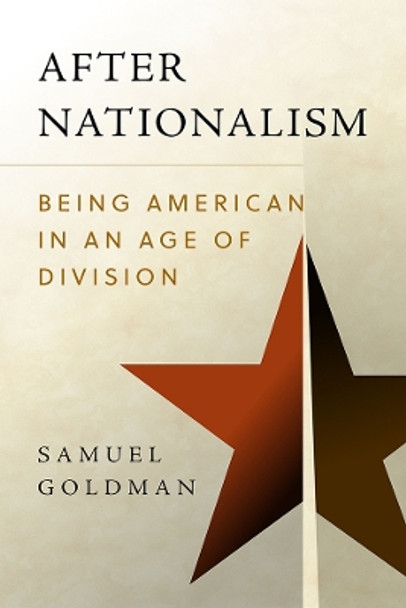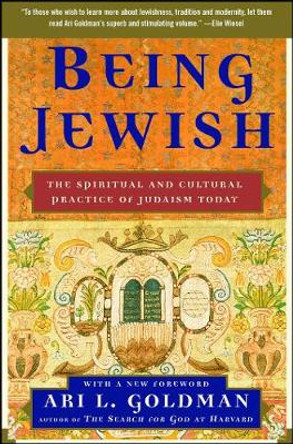Description
Nationalism is on the rise across the Western world, serving as a rallying cry for voters angry at the unacknowledged failures of globalization that has dominated politics and economics since the end of the Cold War. In After Nationalism, Samuel Goldman trains a sympathetic but skeptical eye on the trend, highlighting the deep challenges that face any contemporary effort to revive social cohesion at the national level.
Noting the obstacles standing in the way of basing any unifying political project on a singular vision of national identity, Goldman highlights three pillars of mid-twentieth-century nationalism, all of which are absent today: the social dominance of Protestant Christianity, the absorption of European immigrants in a broader white identity, and the defense of democracy abroad. Most of today's nationalists fail to recognize these necessary underpinnings of any renewed nationalism, or the potentially troubling consequences that they would engender.
To secure the general welfare in a new century, the future of American unity lies not in monolithic nationalism. Rather, Goldman suggests we move in the opposite direction: go small, embrace difference as the driving characteristic of American society, and support political projects grounded in local communities.
To secure the general welfare in a new century, the future of American unity lies not in monolithic nationalism. Rather, Samuel Goldman suggests we move in the opposite direction: go small, embrace difference as the driving characteristic of American society, and support political projects grounded in local communities.
About the Author
Samuel Goldman teaches political science and is Executive Director of the Loeb Institute for Religious Freedom at the George Washington University. He is author of God's Country: Christian Zionism in America, also available from the University of Pennsylvania Press.
Reviews
"In this slim and elegantly written volume, Mr. Goldman has distilled an immense array of arguments about America's meaning. The book is a pleasure to read." * The Wall Street Journal *
"Samuel Goldman's After Nationalism explores competing narratives regarding American identity. While we can agree that America became independent after the Revolutionary War, we have long disagreed over what type of nation that conflict brought forth. Goldman's lucid work describes three of the most widely held accounts, each of which reverberates in current debates." * The Washington Post *
"[R]ich and thoughtful...Goldman ultimately comes out against what he calls our 'present nationalist revival' (primarily of the Right, and also of the Left). But among this book's many virtues is Goldman's ability to present a genuinely sympathetic case for his opponents' views. If understanding the appeal of a political movement is a precondition for criticizing it, then Goldman is in a better position to offer such criticism than nearly any of his fellow contributors to that crowded subgenre, the Post-2016 Critique of Nationalism." * National Review *
"After Nationalism is a gripping, fast-paced, and probing study into how American political leaders and thinkers-ranging from John Jay to Abraham Lincoln to Fredrick Douglass to Dwight Eisenhower-have debated the essence of American identity and what binds the nation together." * Christianity Today *
"Goldman's book can easily be finished in a single day by an enthusiastic reader, clocking in at a mere 153 pages, but he accomplishes much in that short span: nothing less than a compelling reflection on the meaning of our country's existence....Were more people blessed with Goldman's perspicacity, especially those of us who argue and write about politics, our country would be far better off than it is now." * Commonweal *
"After Nationalism is an important book that merits serious attention from both academics and the general public alike. A true scholar, Goldman displays an impressive mastery of relevant sources and an affinity for synthesis. Moreover, non-specialists will find the presentation free of jargon, accessible, and relevant. Goldman's place is not among modern masters of long narrative. Rather, he belongs in the company of those theorists and observers who have grappled seriously and insightfully with the elusive concept of national identity." * Israel Journal of Foreign Affairs *
"Samuel Goldman offers readers a concise, learned, and profound reflection on the elusive nature of American national identity, whether defined in terms of covenant, crucible, or creed. Given the current divided condition of our polity and culture, I am hard-pressed to conceive of a more timely and essential book." * Andrew Bacevich, president of the Quincy Institute for Responsible Statecraft *
"Nationalism has enduring appeal in different precincts of the American right and left, and Donald Trump's presidency made its defenders seem both more noticeable and more noxious. In this interesting and smart book, Samuel Goldman insists that calls to restore American cohesion are usually either abstract but empty or specific but implausible. The only credible way to unify Americans, Goldman concludes, would start with their plurality." * Samuel Moyn, Yale University *
Book Information
ISBN 9780812251647
Author Samuel Goldman
Format Hardback
Page Count 160
Imprint University of Pennsylvania Press
Publisher University of Pennsylvania Press





